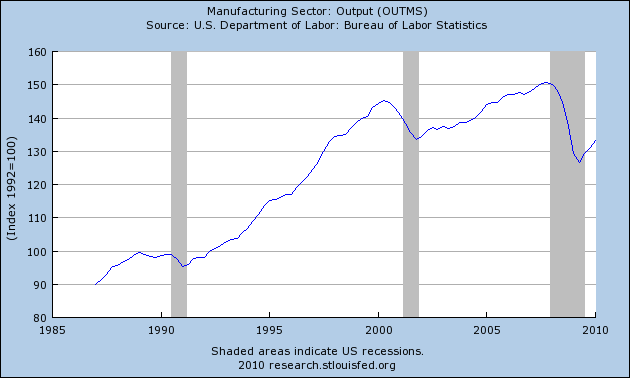Re: Deflation v. Inflation argument makes NYTimes.com homepage
There is a technical difference between reduced future demand and increasing supply, but that point will surely be lost on the laid-off teachers. I don't envy your position.
Originally posted by jk
View Post


Comment